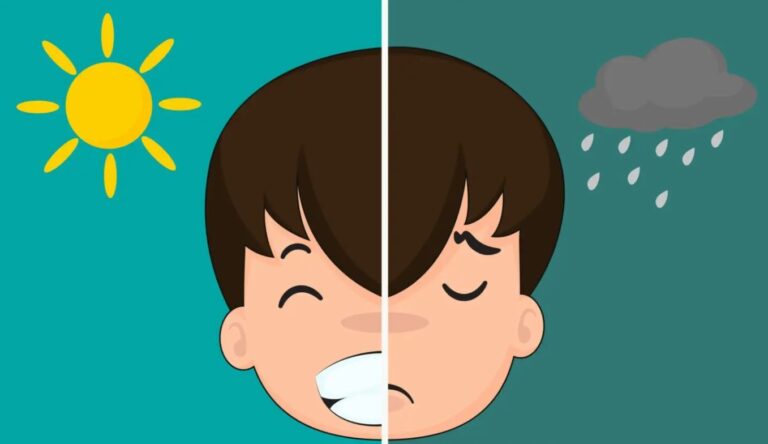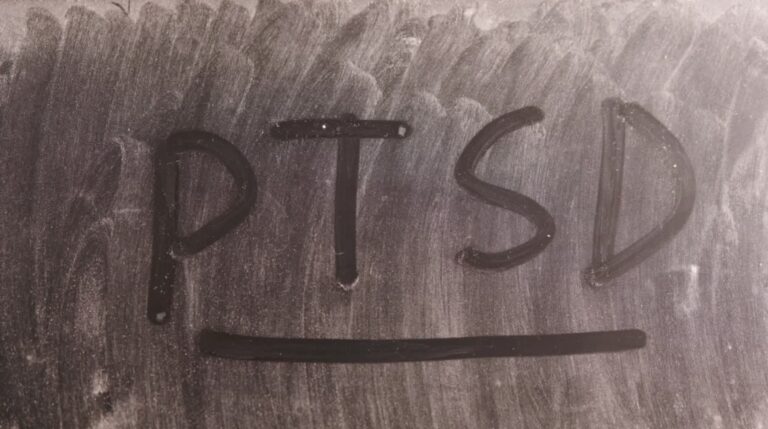For a long time now, societies have expected men and women to act a certain way. Research shows these “rules” really affect our mental health. Studies show people who stick real close to traditional roles for their gender are more likely to feel depressed.
While the old ideals of “masculine” and “feminine” helped structure communities back then, we know better now. Sticking to rigid “boxes” stops us from seeing how we’re all human with shared feelings beyond looks. When someone can’t truly be their self, it often does a number on their head.
Getting rid of outdated ideas of how people should act based on gender is key for making sure everyone can get help equally if they’re feeling down. A good society lets people express themselves how they want, as long as they treat others well. Understanding each person beyond labels like that helps bring us together in a way that lifts people up. More research on this could give us insights to spread acceptance for all.
The Influence of Traditional Gender Roles
From a young age, society conveys distinct expectations for how boys and girls should conduct themselves based solely on their gender. Males are often encouraged to exhibit strength, independence, and stoicism, suppressing other emotional aspects of their nature. Meanwhile, females typically face pressure to be nurturing, agreeable and place others’ needs first.
These rigidly prescribed social roles greatly constrain individual freedom of self-expression. For some, intensely conforming to stereotypes just to avoid rejection can even catalyze depression over time. The condition of always feeling watched and judged breeds inner turmoil.
Nowhere is this truer than for men. Traditional ideals of masculinity demand an outward facade of resilience in the face of any adversity, denying a natural human tendency towards vulnerability. Understandably, some internalize psychological suffering rather than unveiling it to a world that equates candor with flaws. This tacit suppression of one’s true experience likely exacerbates depressive symptoms in the long run.
Unaddressed Mental Health in Men
The expectations we place on individuals, especially at younger ages, play a significant role in their mental well-being and ability to seek help later in life. For boys and men in particular, the pressure to appear physically and emotionally sturdy takes its toll over time. (1)
While the intent behind the teachings of “strength” and “resilience” may come from a good place, the effect is that genuine psychological struggles go unchecked and internalized. This inevitably impacts one’s wellness.
Rather than judgment, what’s needed is compassion – recognizing we all have vulnerable aspects, and that showing or asking for help is a sign of self-awareness, not weakness.
Empowering Men to Seek Help
Breaking the cycle of unaddressed mental health in men requires concerted efforts to promote help-seeking behaviors and destigmatize seeking support. Public health campaigns targeting men can challenge the notion that seeking help is a sign of weakness and emphasize that reaching out for support is an act of strength and self-care. (2)
Creating male-friendly spaces where men feel comfortable discussing their emotions and experiences is essential. Men’s support groups, online forums, or workplace initiatives can provide a supportive environment for sharing and receiving guidance. Men-specific mental health services staffed by professionals who understand the unique challenges faced by men can also make a significant difference.
The Superwoman Syndrome
Both men and women face pressures stemming from traditional gender roles. However, women often contend with additional expectations that can significantly impact their well-being.
This “Superwoman Syndrome” captures the immense challenge of juggling multiple priorities simultaneously – from caring for family to providing financial support to engaging in the community. Trying to excel at every role leaves little room for rest or self-care.
Constantly shifting between responsibilities, like taking care of kids after a long day at work, can understandably feel draining both mentally and physically. It’s easy to endure feelings of inadequacy or guilt in such a situation.
Meanwhile, women also face societal scrutiny regarding their appearance, accomplishments, and behavior from all angles. This compounds the stress load, increasing their vulnerability to depression.
Clearly, a healthy work-life balance is crucial to prevent burnout, yet deeply ingrained gender norms don’t always allow for that.
Masculinity and Emotional Expression
Strict ideas about masculinity put real pressure on men starting from a young age. There’s an expectation that they’ll act strong and independent, stuffing down natural emotions.
Fearing judgment as “weak” if they open up, many dudes learn not to share what’s really going on inside. This denial of feelings takes a cumulative toll on their mental health over time.
Without good outlets, normal human sadness or frustration can escalate severely. And feeling alone with it all makes the problem worse. Guys struggle to form close bonds or ask for help when hit with emotional pain. (3)
Stigmatization and Mental Health
The expectations society places on gender identities can add extra difficulties for those grappling with mental health issues. Whether seen as too weak or vulnerable, people deserve support, not more strain.
Fearing judgment as “not normal” may dissuade someone from admitting struggles even to close friends. At the same time, keeping emotions bottled up can make problems worse over time.
When extra weight is placed on acting a certain way, it grows that much harder to seek help. This makes escaping private pain a lonely road. Nobody should have to struggle alone because of narrow ideas of “masculine” or “feminine.”
Challenging Gender Norms
Challenging rigid gender roles and norms is so important for improving people’s mental health and well-being. When someone feels pressure to act a certain way just because of their gender, it can lead to lots of stress.
Starting early on, comprehensive sex ed in schools should teach kids about different gender identities and expressions. It’s crucial to break down stereotypes so all young people feel comfortable just being themselves.
Representation in movies and media also influences social attitudes. Showing a diverse range of gender experiences and discussing mental health openly can help reduce stigma. When people feel like they’re not alone in what they’re going through, it’s easier to get help.
Final Words
The ties between gender roles and depression sure prove complex with many threads woven throughout. How society says we should each act and feel deeply shapes people’s wellbeing, in ways that all interact in turn.
Expecting conformity to narrow boxes from a young age weighs heavy on hearts and minds over time, especially when facing inner storms alone.
References
- Staiger T, Stiawa M, Mueller-Stierlin AS, Kilian R, Beschoner P, Gündel H, Becker T, Frasch K, Panzirsch M, Schmauß M, Krumm S. Masculinity and Help-Seeking Among Men With Depression: A Qualitative Study. Front Psychiatry. 2020 Nov 24;11:599039. doi: 10.3389/fpsyt.2020.599039. PMID: 33329149; PMCID: PMC7732518.
- Molewyk Doornbos M, Zandee GL. Men’s Depression and Anxiety: Contributing Factors and Barriers to Intervention. J Am Psychiatr Nurses Assoc. 2024 Apr;30(2):199-209. doi: 10.1177/10783903241226718. Epub 2024 Feb 2. PMID: 38305019.
- Fleming PJ, Lee JG, Dworkin SL. “Real men don’t”: constructions of masculinity and inadvertent harm in public health interventions. Am J Public Health. 2014 Jun;104(6):1029-35. doi: 10.2105/AJPH.2013.301820. Epub 2014 Apr 17. PMID: 24825202; PMCID: PMC4062033.
Related Posts:
- Depression vs. Manic Depression - What is the Difference?
- What Is Depression? Causes, Symptoms, and Treatment
- The Early Signs of Mental Illness - What Are They…
- What's the Connection Between Fear, Trauma, and Anger?
- Probiotics and Mental Health - The Gut-Brain Connection
- High Functioning Bipolar Disorder - How It Affects…
















